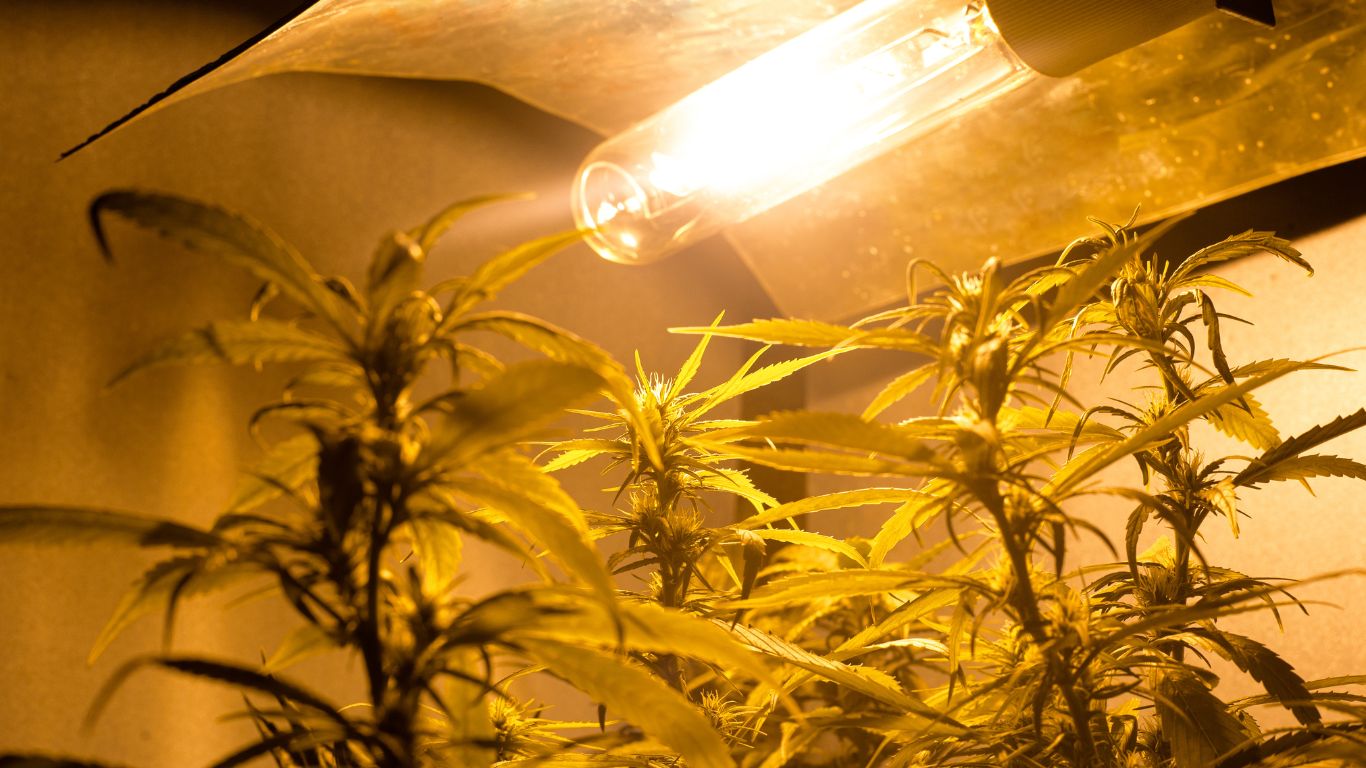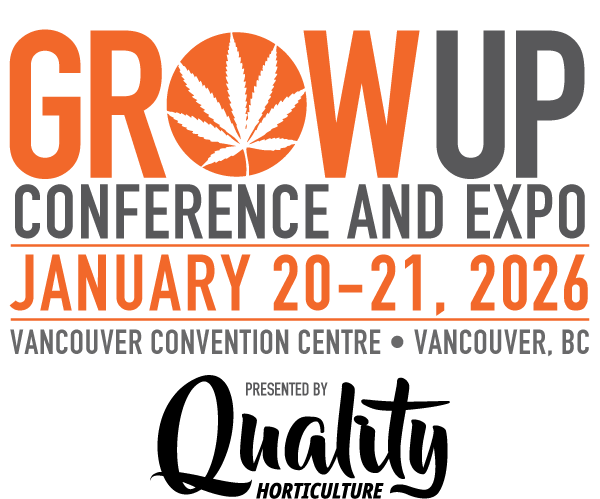
Health Canada recently sent a memo to provincial colleges of physicians and surgeons advising them that it may contact health care practitioners to ask for evidence to support the amount of cannabis they have authorized for their patients.
The memo includes information highlighting the regulator’s ongoing efforts since 2019 to address authorizations of large amounts of cannabis several times over the industry average.
Reads the document, in part: “In an effort to facilitate the application process for patients, we would like to take this opportunity to advise you that the Department may contact health care practitioners to ask for evidence to support the amount of cannabis that they have authorized for their patient. This information may include data, references, or resources to support the authorized daily quantity. This evidence will support the Department in assessing the risk to public health or public safety before making a final decision on the application.”
The College of Physicians and Surgeons of Manitoba (CPSM) recently shared that it was asking its members to review the recent updates from Health Canada.
It’s not the first time Health Canada has sent notices to provincial colleges of physicians informing them of health care practitioners connected to numerous high gram-a-day authorizations. In 2020, the Saskatchewan College of Physicians and Surgeons levied a $15,000 disciplinary action against a Saskatchewan doctor found to be profiting from issuing medical cannabis licences in 2018.
In 2021, a medical cannabis patient who had been authorized 100 grams a day had a court reject an allowance for the patient to possess up to 1,000 grams in public at a time.
In a memo from October 2022, Health Canada said that since it began a new process to address high authorization amounts through the program, the agency had observed a decrease of more than 50% in the number of individuals registering to produce cannabis for medical purposes.
The memo continued that in September 2021, approximately 47,000 individuals registered with Health Canada. By September 30, 2022, the number of registered individuals had dropped to approximately 21,700. As of March 2024, it was 15,726, although numbers began to show an uptick after several years of decline.
The regulator has also refused or revoked over 1,400 registrations, including more than 700 for public health and safety reasons. This represents a 113% increase in refusals and revocations and a 423% increase in the number of refusals and revocations made on the grounds of public health and public safety since March 2022.
While 4,728 healthcare practitioners were associated with registrations made with federally licensed sellers in the previous twelve months, 1,105 were associated with active personal/designated production registrations.
Of those 1,015, there were 233 healthcare practitioners associated with authorizing amounts equal to or above 25 grams per day, and just ten who authorized amounts equal to or above 100 grams per day.
Most (78%) healthcare practitioners who authorized more than 25 grams a day were in BC or Ontario. All who authorized more than 100 grams a day were in BC and Ontario. An authorization of 100 grams a day would equate to a limit of 487 plants at any given time. Such licences can also be combined to up to four per location, meaning a designated grower with several authorizations could be growing hundreds or even thousands of cannabis plants with the potential to produce in the hundreds of kilograms of cannabis a year.

